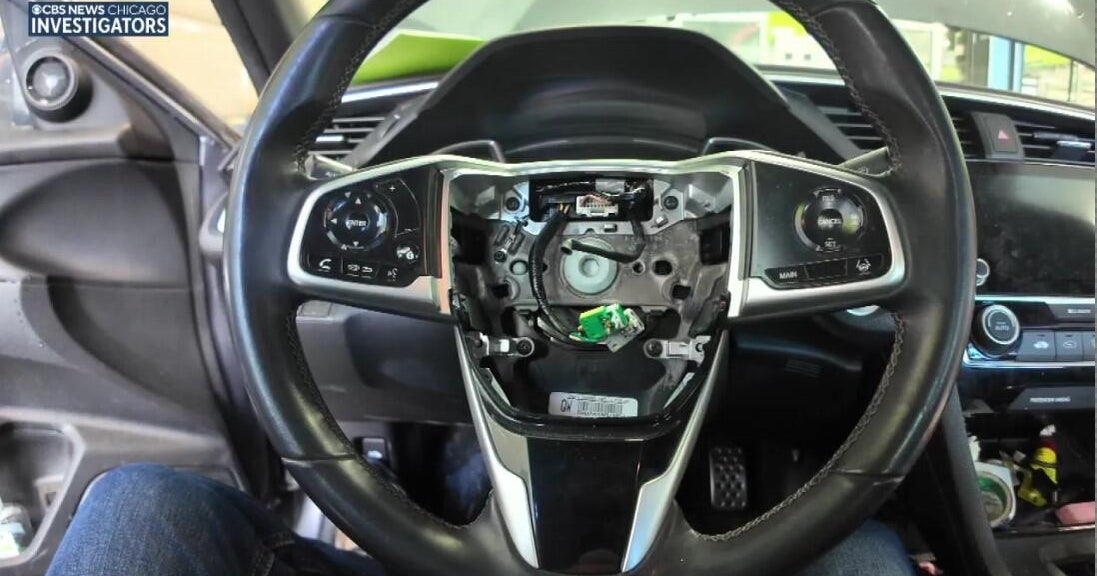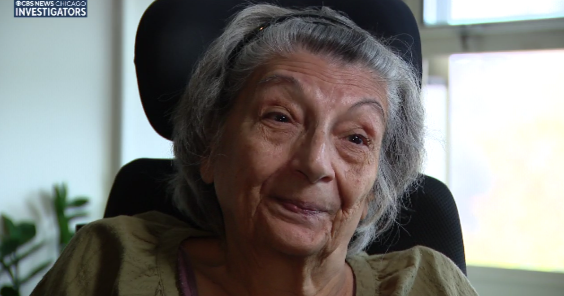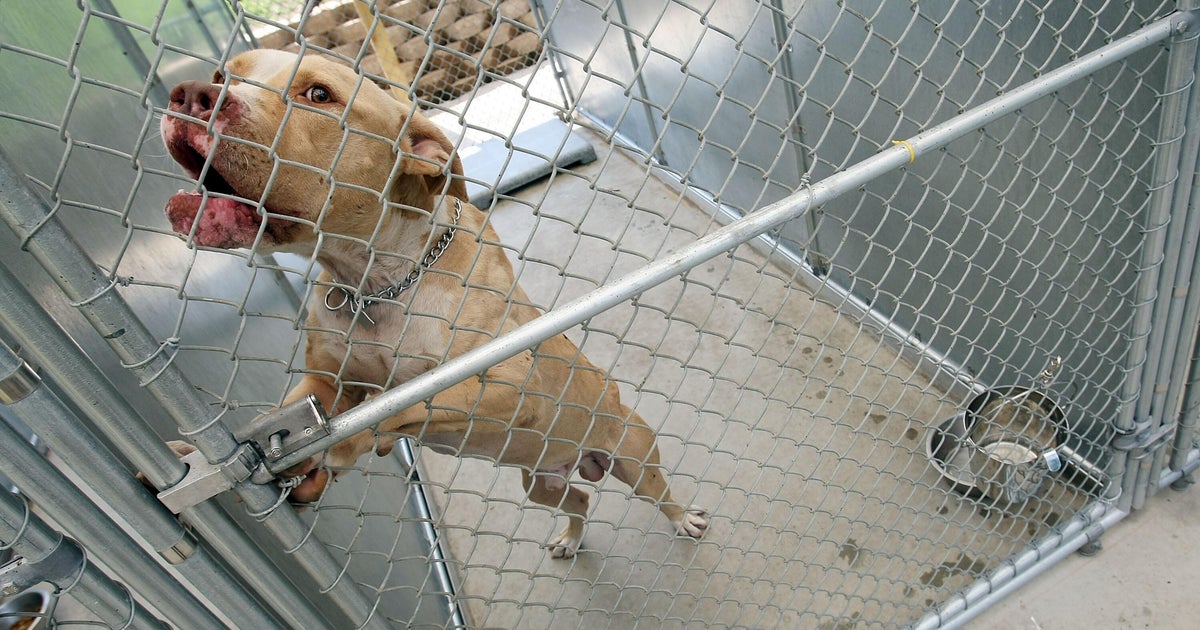Amid Budget Woes, Baltimore Explores Sponsorships
BALTIMORE (AP) -- Whether it's convincing sports equipment companies to donate gear for city T-ball teams, posting a corporate logo on municipal vehicles, or selling naming rights to city parks or City Hall, Baltimore is hoping partnering with businesses will help the city pay its bills during difficult financial times.
"We can only cut so much before it becomes painful. On the other hand, raising fees and taxes is not sustainable," Council President Bernard "Jack" Young said Monday as he introduced a resolution calling for a review of city assets to see which offer corporate sponsorship opportunities. "We have to be creative. We have to look at new ways to raise revenue that does not overburden residents and businesses."
Young sees the sponsorships and public-private partnerships as opportunities to help save city services that are being cut to balance the budget, including recreation center programming, which he calls a vital part of the city's crime-fighting strategy.
Mayor Stephanie Rawlings-Blake's office is in the process of talking with local marketing experts and creating an inventory of sponsorship and advertising opportunities, said spokesman Ryan O'Doherty. The mayor's preliminary 2012 budget assumes some new revenue from expanded advertising and sponsorships, and her office expects to present options to the council soon, he said.
Rawlings-Blake's proposed $2.7 billion budget closes a $65 million projected shortfall with cuts to library hours and pool schedules and would invite nonprofits to help run some city recreation centers.
Sponsorships won't make the city a lot of money, but they can help with the budget, said William Sutton, associate director of the University of Central Florida's DeVos Sport Business Management program.
"It's not a bandage, it's more of a Band-Aid," he said.
Sponsors already doing business in the city can build goodwill, and those new to the city can make a good first impression, Sutton said. It can also be a chance for companies to put their products in the hands of someone who can use them.
Baltimore needs to be realistic about its culture and attitudes and whether they will mesh with partners the city takes on, said Ed Augustine of the Pathfinder Group, a consulting firm that has worked on sponsorship plans with several cities. He hasn't researched the feasibility for Baltimore, but he said some cities have a hard time making it work.
"About 90 percent of cities interested in doing this can't implement it," Augustine said. "They're the public sector, and this involves taking private-sector concepts and translating them into the public sector. This is a business-oriented endeavor."
To make partnerships worthwhile, the city should focus on big deals because small ones can take up just as much time, and it needs to have staff to manage the partnerships, Augustine said.
The audit suggested by Young would look at opportunities such as underwriting of fitness or cooking classes, use of facilities for corporate events, sponsorship recognition at events, and visibility on city vehicles or mailings.
There are some lines that entities considering sponsorships draw for themselves, said AJ Maestas, president of Navigate Marketing, a sponsorship research firm. Many universities refuse sponsorships with gambling, tobacco or liquor companies.
The city needs to be careful when picking its partners, Young said.
"We don't want negative sponsorships," Young said. "We want to keep things clean and tasteful."
(Copyright 2011 by The Associated Press. All Rights Reserved.)







